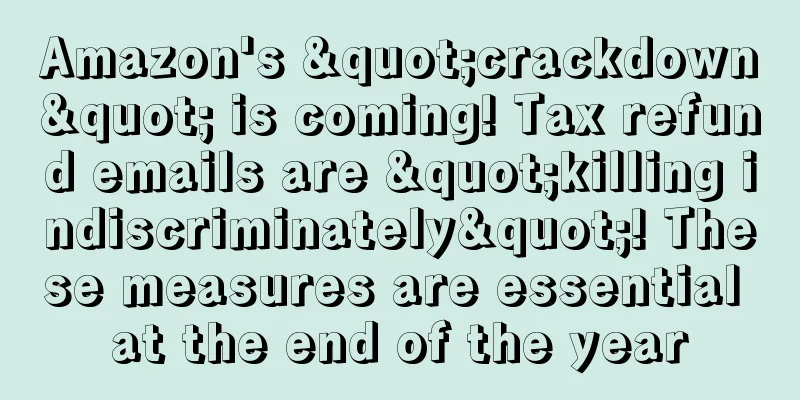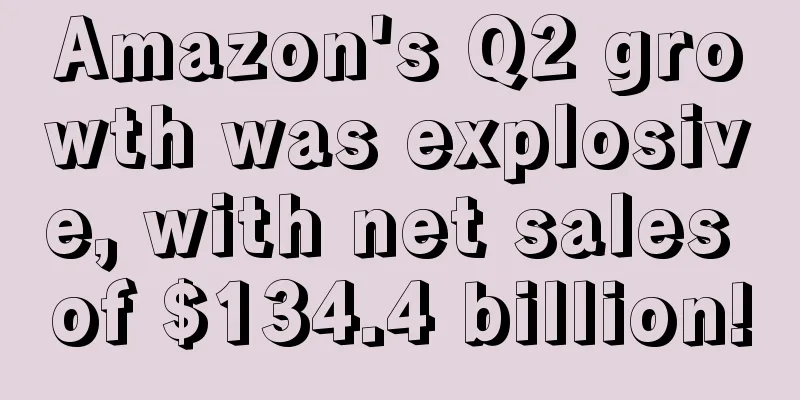Amazon begins to implement new FBA policies! Sellers' costs will be reduced!

|
Recently, many sellers have received invitation emails from Amazon regarding FBA fee reductions, inviting sellers to register for two new FBA programs, one is: Athena (Athena Program), and the other is: Apolo (Apollo Program).
It is reported that both pilot programs help sellers reduce logistics costs to a certain extent, but there are still differences in focus. 1. Athena Project: The fee that this program targets for waiver is the low inventory level fee . If you receive the above invitation letter and agree to participate, then during the period from September 9 to November 15, 2024, sellers will not have to bear the additional costs caused by insufficient inventory, thereby effectively alleviating financial pressure. In addition, Amazon will also adjust its distribution strategy, prohibiting cross-regional long-distance delivery of goods that require low inventory fees, in order to reduce unnecessary transportation costs. Once the goods are successfully replenished, Amazon will remove the restrictions on the distribution range and restore its nationwide distribution capabilities. The program will be piloted from September 15 to November 15, 2024, and Amazon will provide sellers participating in the program with discounts on some FBA fees. In order to further reduce logistics costs, Amazon will give priority to using inventory in the same region to deliver buyers' orders, reducing long-distance transportation across regions. In other words, sellers participating in the Apollo program need to plan the distribution of their inventory more carefully to ensure that there is sufficient inventory in each region to meet the needs of local buyers. At the same time, the program will also restrict the sellers' cross-regional sales capabilities to a certain extent, causing sellers to pay more attention to the development and maintenance of regional markets. The difference between the two plans: In fact, Athena and Apolo are essentially the same thing: by limiting the transfer of regional inventory, the high cost of long-distance transportation can be reduced, and the saved costs can be used to offset part of the fees that sellers need to pay. One is focused on low-stock products that are about to run out of stock, while the other focuses on products priced below $25. These two plans seem to save money, but some sellers have pointed out that both have to bear the consequences of FBA inventory being restricted by region. As for what kind of adverse impact it will have on sellers' product sales, we can only wait and see. It is not mandatory for sellers who have received invitations to participate in these two FBA pilot programs. If you do not intend to participate, you can choose to ignore the invitation without taking any action. |
>>: Confirmed! Amazon will upgrade and integrate Buy with Prime into TikTok!
Recommend
What is Feedbackwhiz? Feedbackwhiz Review
Feedbackwhiz is an Amazon erp software that can bo...
Amazon Listing FAQs
Listing is divided into product search results pa...
7-day cycle rule: advertising traffic monitoring and analysis process and adjustment direction during the new product period
A glance to relieve worries My C position Today, l...
U.S. online shopping spending reached $72.2 billion in October! Demand for coats and holiday decorations soared!
<span data-docs-delta="[[20,"获悉,据外媒路透社报告,由...
Four years of Amazon operation--sharing experience of real-person evaluation
Anyone who does business on Amazon will encounter...
What is G-Business Extractor? G-Business Extractor Review
G-Business Extractor is an innovative program that...
Listing Optimization Four-Five Line Features Bullet Point
1. What are the characteristics of the five elemen...
Amazon strictly checks titles, and a large number of sellers receive error warnings!
For Amazon sellers, old links often carry a lot o...
Quick Look! Lifting the compulsory VAT payment policy on Amazon Europe
I don’t know if you have seen such a circle of fri...
What is Price-Fox? Price-Fox Review
Price-Fox helps sellers automatically monitor supp...
Mexico Children's Day Sale is coming! Quickly launch these seven hot-selling categories
It is learned that Children's Day in Mexico wi...
Has Amazon's algorithm been updated recently? A large number of keywords have disappeared. The current reliable approach should be: based on the actual situation, keep the sales weight...
Anonymous user My C position Combining my own expe...
What is No Deal Brexit? No Deal Brexit Review
A no-deal Brexit means that the Brexit agreement r...
Will Amazon face a strong rival? ByteDance plans to launch a cross-border export platform!
Global cross-border e-commerce transaction volume ...
Scooters sold on Amazon and other platforms are recalled by CPSC! 6 injuries reported
It is learned that the U.S. Consumer Product Safet...









